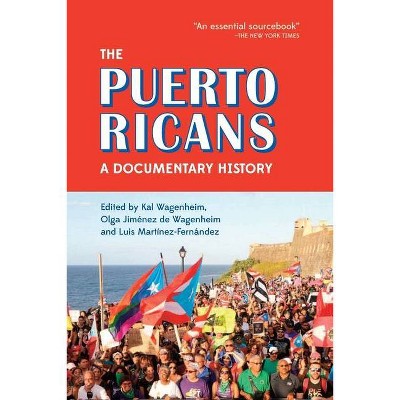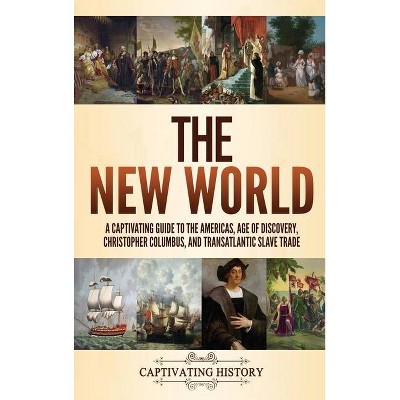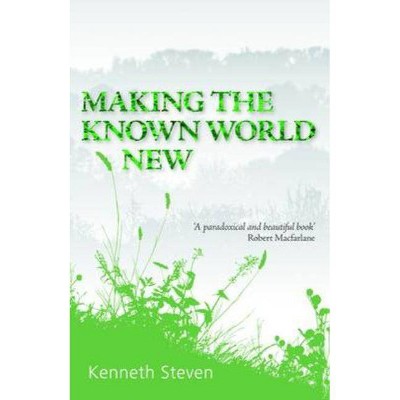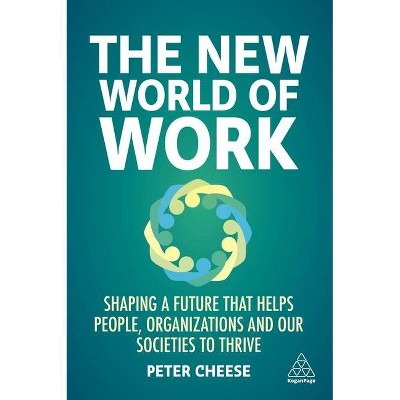Key to the New World - by Luis Martínez-Fernández (Hardcover)
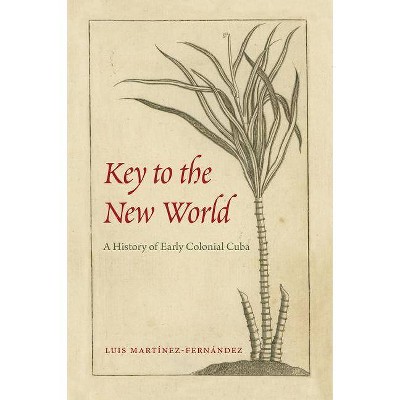
Similar Products
Products of same category from the store
AllProduct info
<p/><br></br><p><b> About the Book </b></p></br></br>This book is the first English-language comprehensive history of early colonial Cuba published in the last 100 years. It is divided into eight chapters that cover a range of topics from the island's geological formation up to 1700: geography, indigenous inhabitants, first encounters between Europeans and Amerindians, otherwise known as the discovery of the New World, the conquest and colonization of Cuba, demographic realities such as race, gender and social structure, and cultural developments such as transculturation, piracy and other forms of aggression, and slavery and sugar production.<p/><br></br><p><b> Book Synopsis </b></p></br></br><b>Florida Book Awards, Bronze Medal for General Nonfiction</b> <b>International Latino Book Awards, First Place, Best History Book (English)</b> <p>Scholarly and popular attention tends to focus heavily on Cuba's recent history: its notoriety as the world's largest exporter of sugar and the Western hemisphere's first socialist nation. <i>Key to the New World</i> is the first comprehensive history of early colonial Cuba written in English and fills the gap in our knowledge of the island before 1700.</p><p>Luis Martínez-Fernández presents a holistic portrait of the island nation that interrelates geography, economy, society, politics, and culture and weaves these threads into a narrative that begins with the first arrival of indigenous people around 7,000 years ago. He chronicles the conquest and establishment of colonial rule and how the island's geographic uniqueness made it an ideal launching pad for Spanish conquests into Central America, Mexico, and Florida. While considering the role of Cuba and the Caribbean as a theater for European power struggles, he focuses intimately on the people who both influenced and were influenced by these larger, impersonal forces.</p><p>Developing the theme of "Two Cubas," Martínez-Fernández explores the differences between the urban, official, and mercantilist Havana and the eastern frontier, which is rural, remote, relaxed, and rebellious. As colonial society emerges on the island, he highlights the asymmetrical interactions among whites, blacks, mulattos, Amerindians, and <i>mestizos</i>; the people who challenged the conflicting and overlapping social structures and hierarchies; and the cultural by-products of multiethnicity. He brings to life the different characters in the story of Cuba that are emblematic of creolization and transculturation in religion, food and diet, and music. He also discusses the rise of the sugar plantation as a socioeconomic engine and its reliance on the expansion of African slavery, as well as slave and free black resistance to the system.</p><p>In these often-overlooked centuries, Martínez-Fernández finds the roots of many of Cuba's enduring economic, political, social, and cultural complexities. The result is a sweeping history, a seminal text that makes clear that to fully grasp revolutionary or contemporary Cuba we must first understand what came before.</p><p/><br></br><p><b> Review Quotes </b></p></br></br><br>"Refreshing and illustrative. . . . Curious travelers as well as scholars from historical geography and allied disciplines interested in slavery, empire, and the Europeanization of the world will find much to savor in this new recipe about historical Cuba."--<i><b>AAG Review of Books</i></b> "From the earliest geology to the beginnings of the sugar economy that would go on to dominate the island, Martínez-Fernández paints a comprehensive picture. . . making it ideal both for the general reader interested in Cuba and as a resource for teaching this period of Cuban history. . . . A welcome addition."--<i><b>H-Net</i></b><br><p/><br></br><p><b> About the Author </b></p></br></br><b>Luis Martinez-Fernandez</b>, professor of history at the University of Central Florida, is the author of <i>Revolutionary Cuba: A History</i>.
Price History
Price Archive shows prices from various stores, lets you see history and find the cheapest. There is no actual sale on the website. For all support, inquiry and suggestion messagescommunication@pricearchive.us


